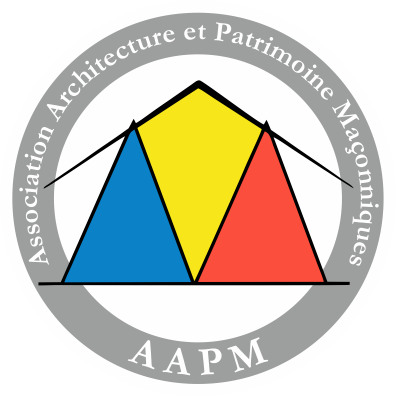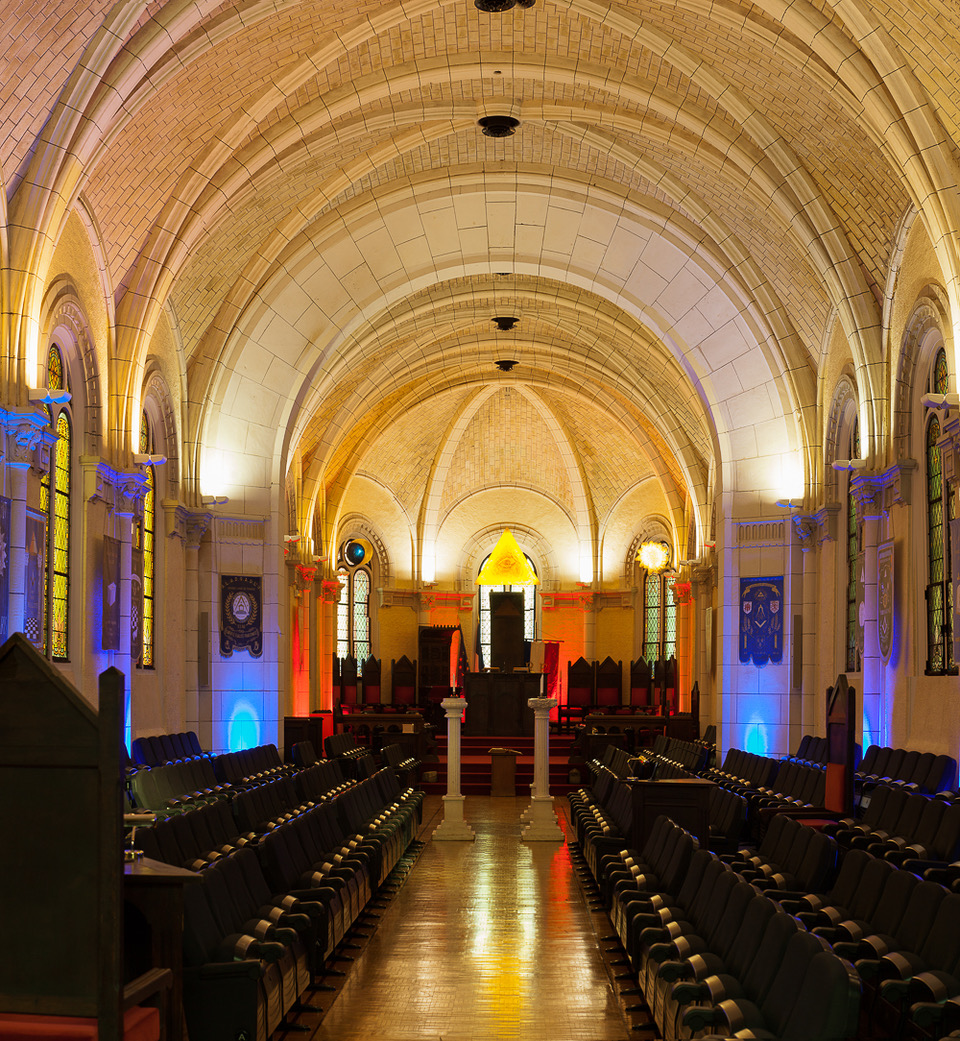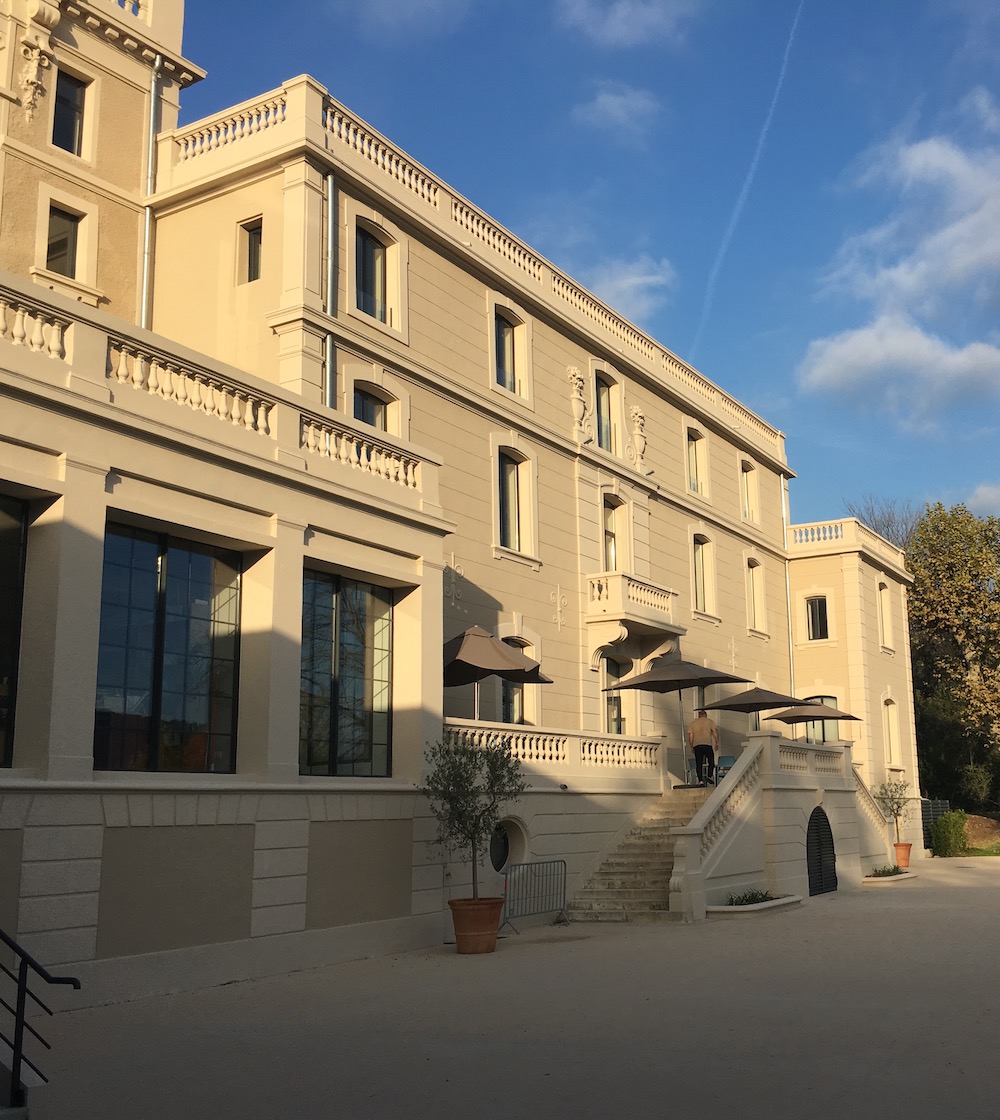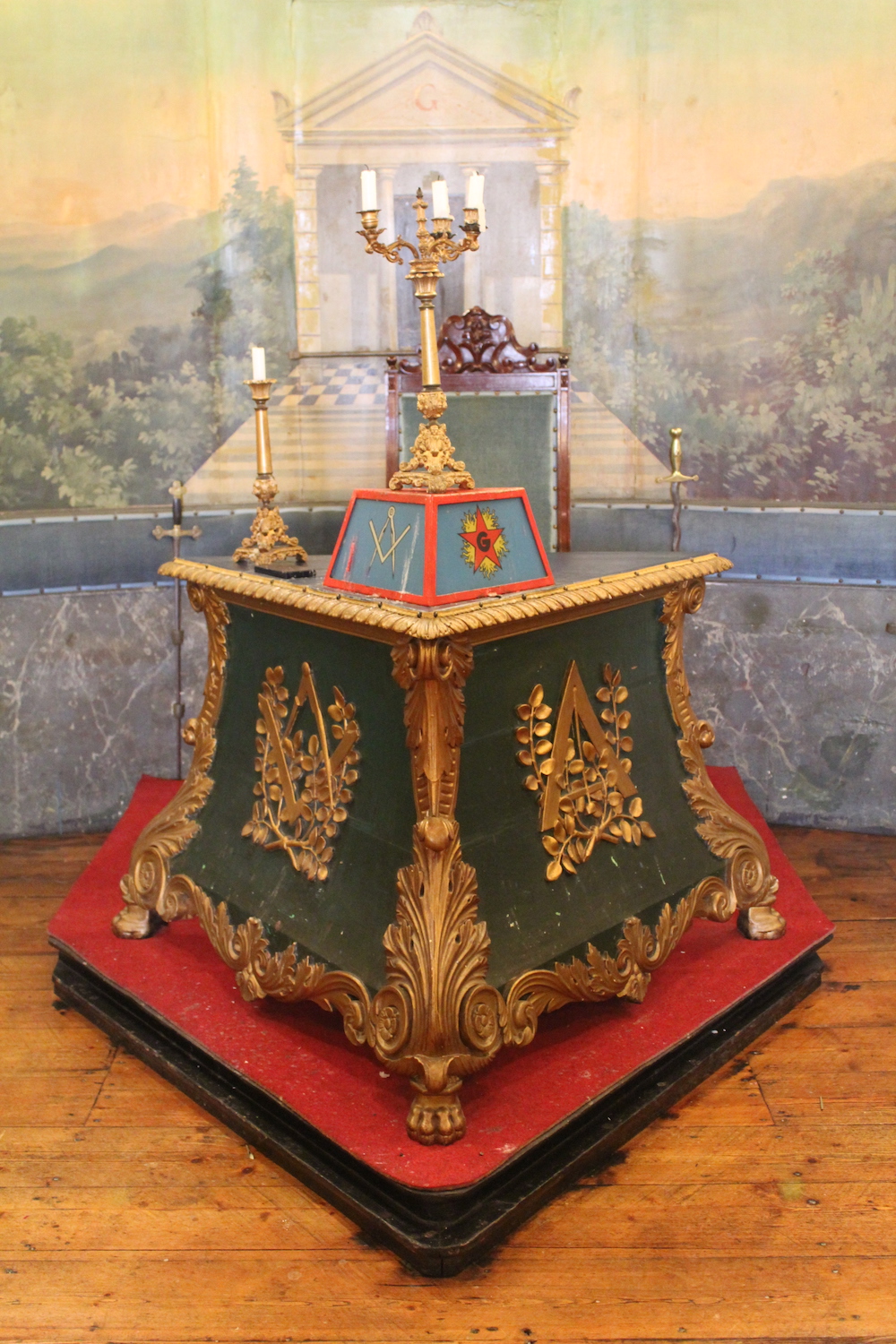France
The sites in France
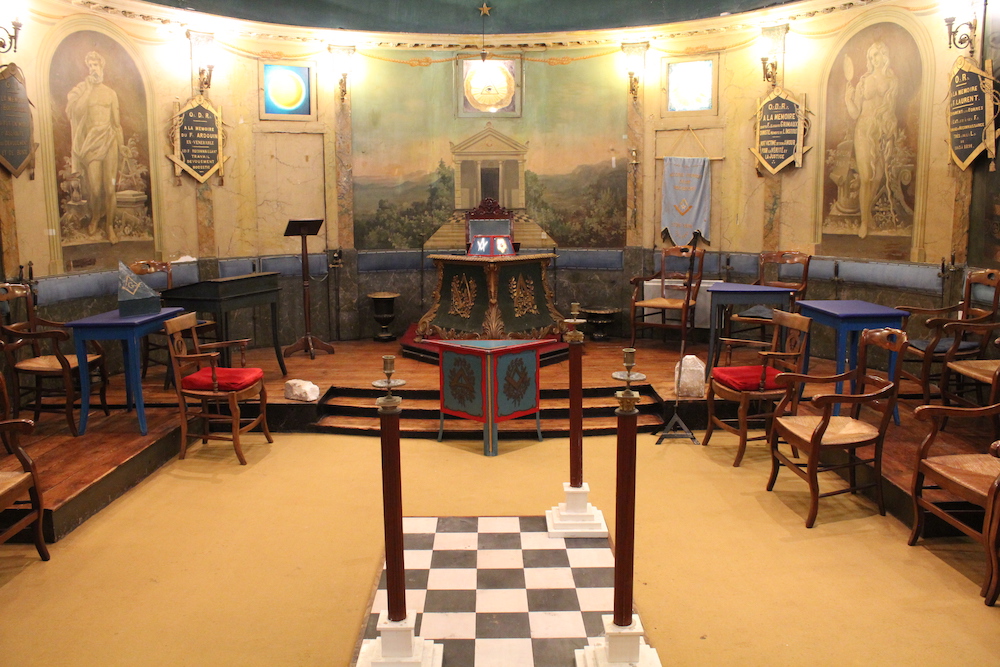
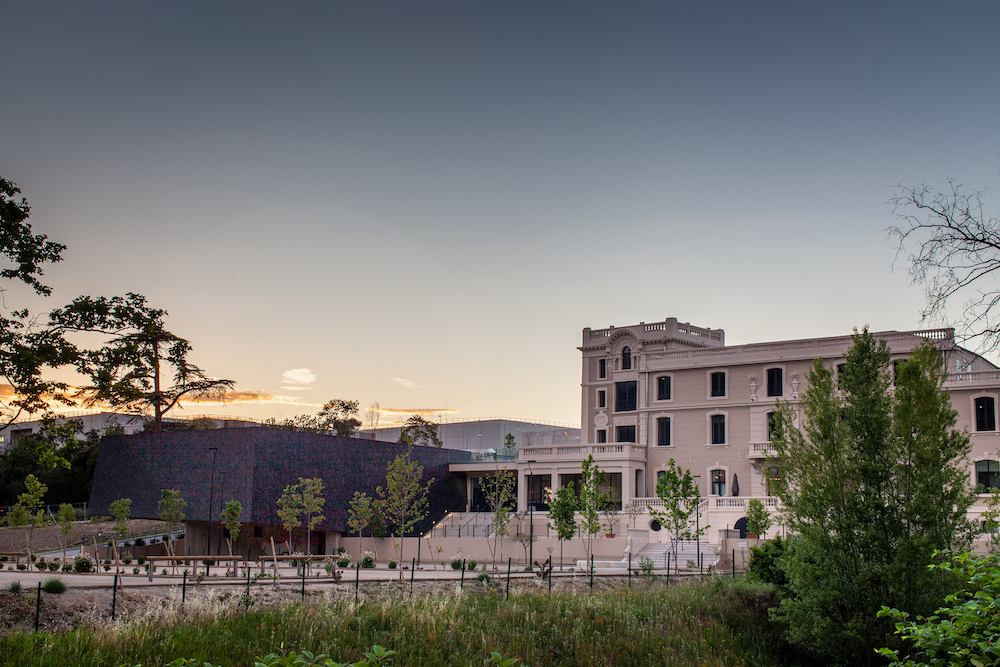
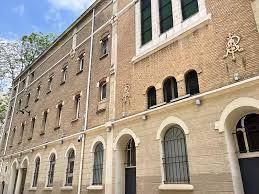
Paris : La grande loge de France
The places to discover
Paris
La Grande Loge de France rue Louis Puteaux à Paris :
The building of the Grand Lodge of France in Paris was constructed in 1886 by Franciscan friars under the protection of Saint Anthony of Padua (as evidenced by the letters S – A – P placed outside the building). The chapel was built in 1888. The Franciscan congregation was dissolved in 1906. The Grand Lodge of France, cramped in its premises at 42 rue Rochechouart, purchased the building in July 1911. During the 1914-1918 war, part of the building was transformed into a hospital (with 28 beds and an operating room) at the expense of the Grand Lodge of France. A cinema and then a ballroom followed in the large hall to generate revenue. It was not until the 1950s that significant transformations occurred inside the building, notably dividing the original chapel into two superimposed levels: the Grand Temple Pierre Brossolette on the first floor and the Temple Franklin Roosevelt on the ground floor. The choir of the Chapel on the ground floor was designated as the space for the library of the Grand Lodge of France. These are three architecturally remarkable spaces that can be visited.


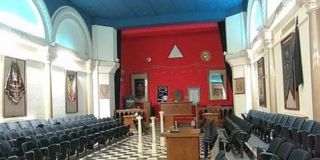
Marseille
Château Saint-Antoine
This château seems straight out of a Pagnol novel! In 1762, Joseph ISOARD, a lawyer from Marseille, bought the domain of La Miniarde, to the east of La Barasse. After various owners, it was in 1907 that Count Guy de Robien acquired the property. He renamed it Château Saint-Antoine. Closer to our time, Marcel Pagnol mentions Château Saint-Antoine in his book ‘The Château of My Mother.’ In 2016, the Grand Lodge of France proposed to purchase Château Saint-Antoine to save it from ruin, and they inaugurated it on June 2, 2018. The words spoken were those of a Mason worthy of the name: ‘May this Château be a house of welcome, love, and openness,’ values intrinsically linked to those of French Freemasonry
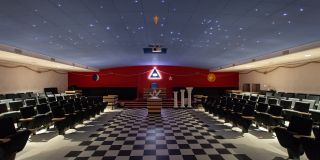
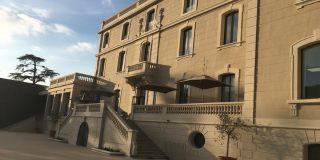
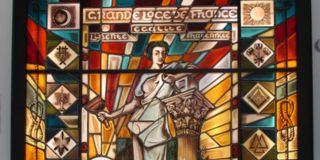
Rochefort-sur-Mer
Temple Maçonnique de Rochefort
The lodge ‘L’Accord Parfait,’ which has occupied these premises since 1843, was founded in 1776. This lodge embodies 250 years of the history of Rochefortese Freemasonry and its relationship with the city of Colbert. It is currently the oldest active lodge of the Grand Lodge of France. This Masonic temple is classified as a historical monument, and its furnishings are listed. Visiting the Masonic temple is an invitation to journey through time and space, from the 18th century to the present day.
The temple was decorated by the decorative painter, Brother Moreau, in 1843, who depicted all the Masonic symbols on its walls. In 2014, the building was classified as a historical monument. According to the chief architect of Historical Monuments, ‘The architecture of the Temple building in Rochefort-sur-Mer does not differ from the typology of 19th-century constructions. However, its interior decorations, due to their uniqueness and coherence, are of great interest
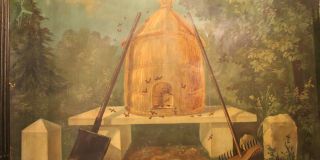

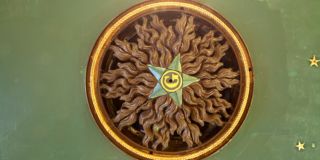
cartographIE
France
Andorra
Austria
In Austria, the paths lead to Vienna, rich in Masonic history, which can be discovered throughout its well-restored streets and buildings. Exploring this history takes one back to a significant heritage, from Mozart to the Austro-Hungarian Empire, where Freemasonry is prominently present.
Belgium
Canaries
Following the autonomist movement within the Grand Orient of Spain in 1920, the Canarian lodges Añaza, Abora and Andamana jointly decided to create a Regional Grand Lodge of the Canary Islands. For this reason, on 28 November 1922, a committee met in Santa Cruz de Tenerife to organise a Regional Grand Lodge, made up of representatives of the Añaza (José Freixa Martí), Abora (Julián Rodríguez Ballester) and Andamana (Compagnie Juan Vich) Lodges, agreeing to appoint Amado Zurita Colet, from Añaza, as President.
On 20 February 1923, the Supreme Council of the 33rd Degree for Spain and its Dependencies issued a communication to Añaza Lodge 270 in which it decided to authorise the constitution of a Regional Grand Lodge of the Canary Islands which would sponsor the Lodges established there ‘in view of the existing reasons for doing so’.
The transition to democracy restored the legality of Spanish Freemasonry. Since the early 1980s, Canarian Freemasonry has concentrated on Gran Canaria, Tenerife and Lanzarote, initially attaching itself to the Grand Lodge of Spain and its Supreme Council of the 33rd Degree, not without some English reticence due to the philosophy of the Rite of Emulation. But the Masonic feelings of Canary Island Freemasons, linked to their historical tradition, are far removed from the Anglo-Saxon concept of ‘brotherhood’, not only in ritual but also in way of thinking.
Croatia
North Macedonia
Poland
In Poland, the journey first leads to the University Library of Poznan to see 80,000 Masonic works in various languages, including 2,400 in French dating back to 1730, which were stolen during World War II by the Nazis.
Next, in Tarnowskie Góry, a UNESCO-listed town, the cultural heritage has been enriched thanks to the town hall, which recovered objects from two Masonic lodges destroyed by the Nazi regime to create a museum. In this region, rich in silver mines, Freemasonry was highly developed. In the same town, a beautifully reconstructed castle houses a Masonic museum and a temple with Masonic furniture, where the lodge of the Grand Lodge of France has been able to meet for its work. One can spend a few days there, as there is a hotel and a restaurant.
Portugal
Our Institution, characterised by its commitment to Regular and Traditional Freemasonry, plays a significant role in the preservation and promotion of Masonic principles.
Romania
Since 1848, there existed in the center of Bucharest a ‘Street of the Freemasons,’ which retained this name until October 1940 (renamed Ștefan Furtună during the communist era and Mircea Vulcănescu since 1990). The ‘Master Mason Manole Walk’ attests to a myth of the guild of church builders in the Middle Ages on the territory of present-day Romania, which Mircea Eliade had already connected to the founding myths of Freemasonry. The country offers explorers all sorts of discoveries of remarkable architectural and Masonic heritage sites.
Serbia
A stroll through Belgrade offers many architectural surprises, revealing true treasures engraved on the facades of buildings. You will also find two suggested walks in the city, which provide a glimpse into Serbian heritage that has been miraculously preserved despite challenging periods since 1940. Enjoy the discovery !
